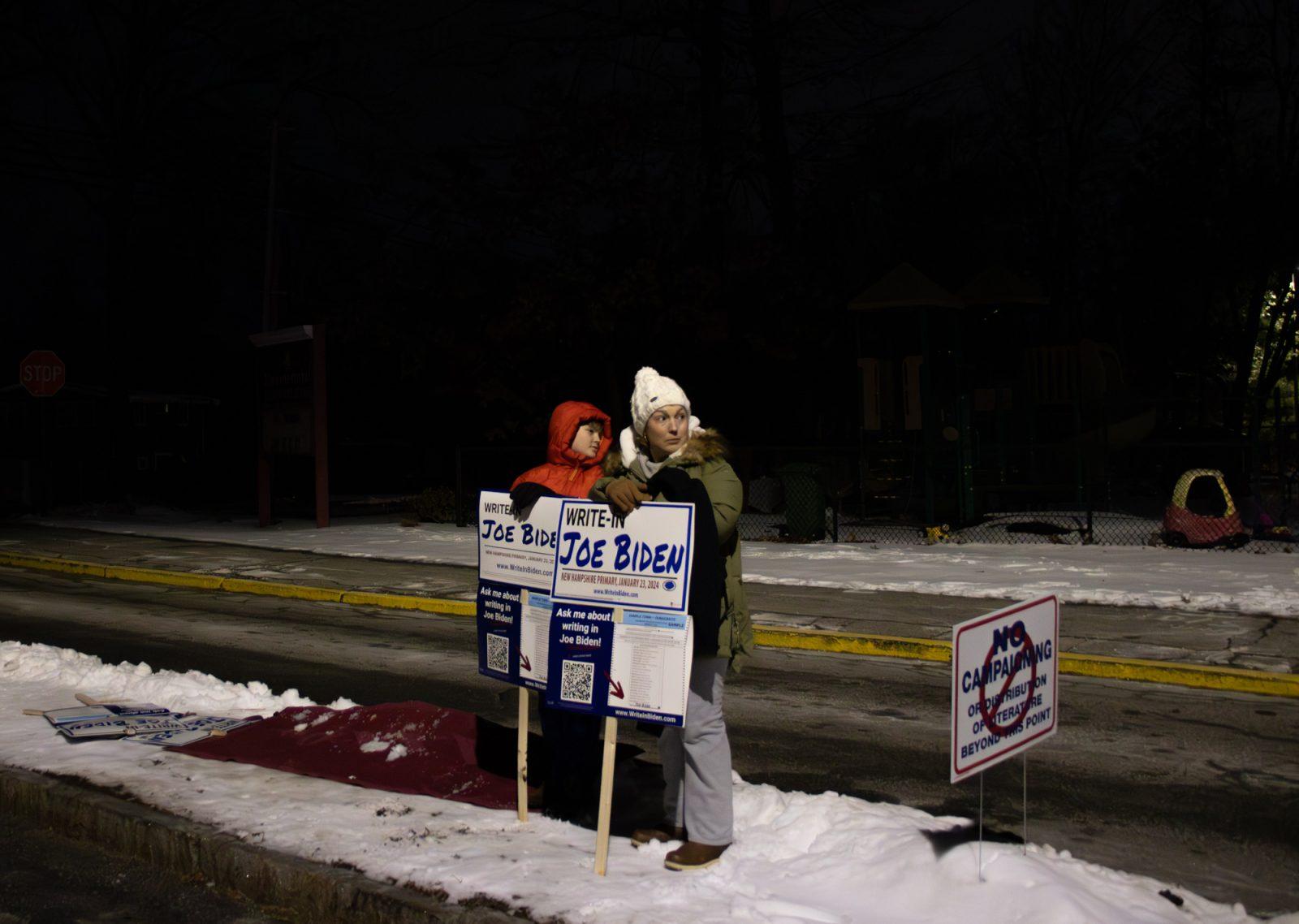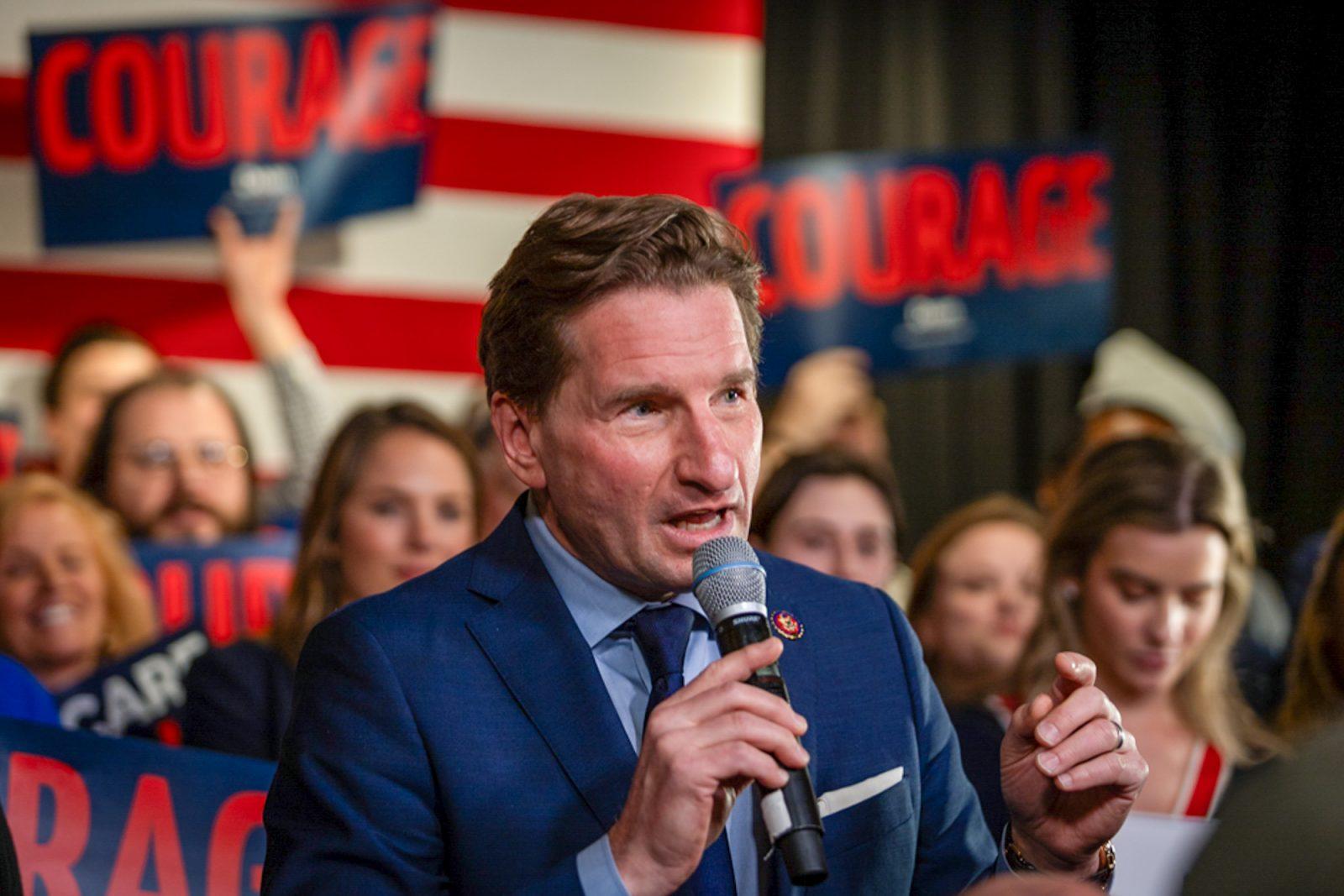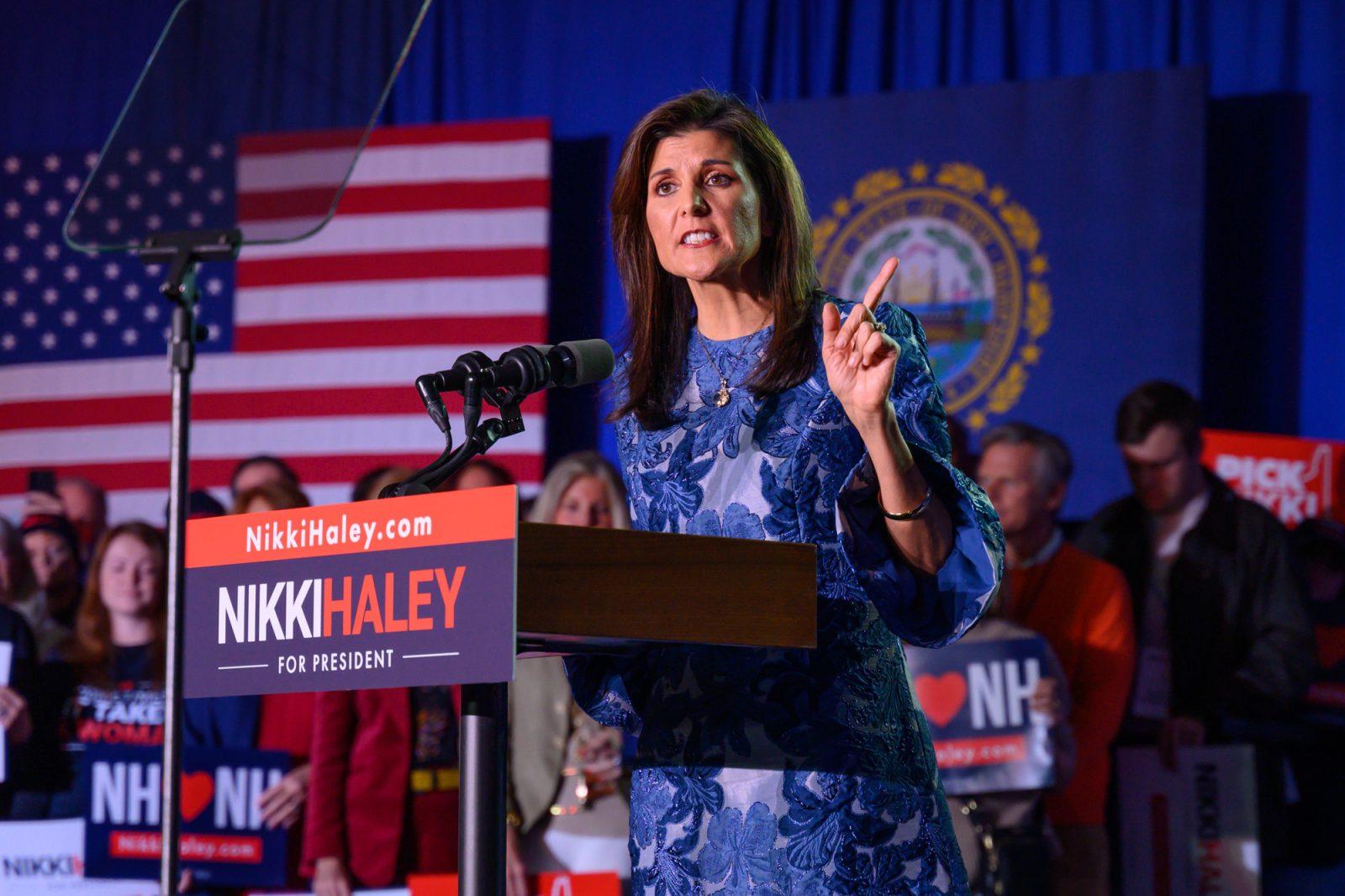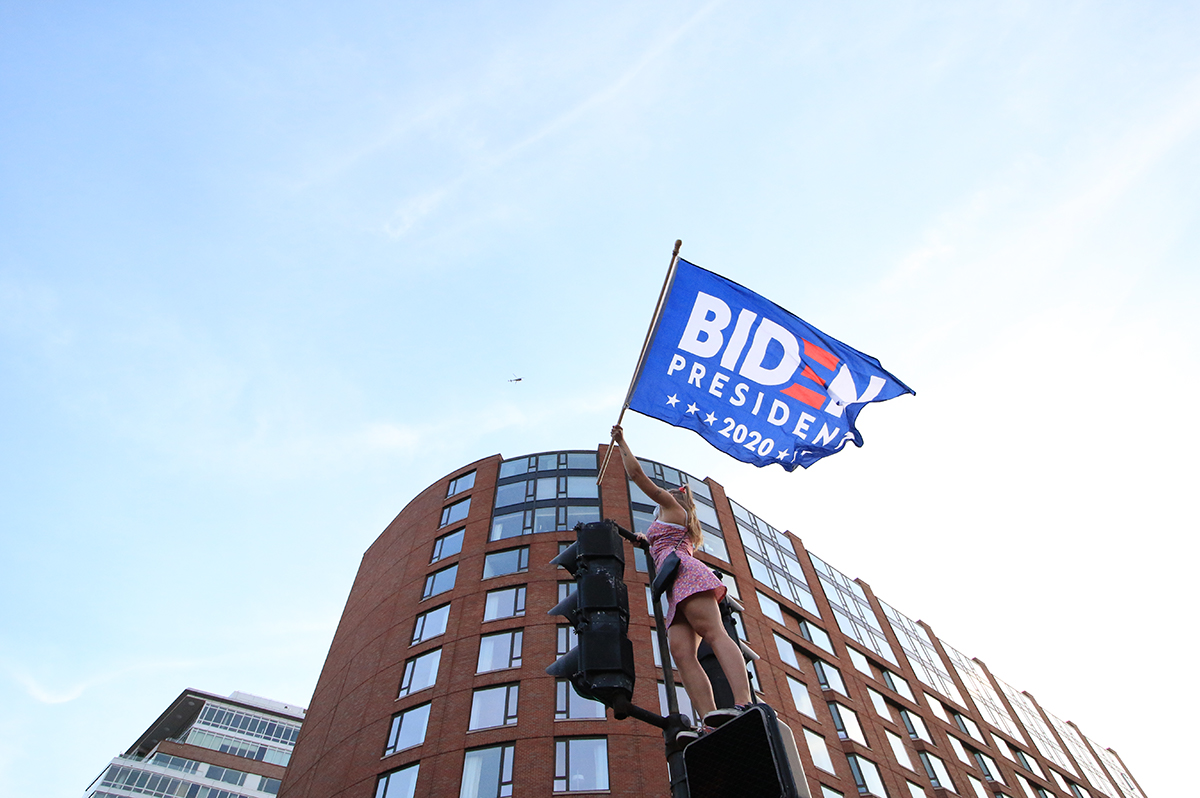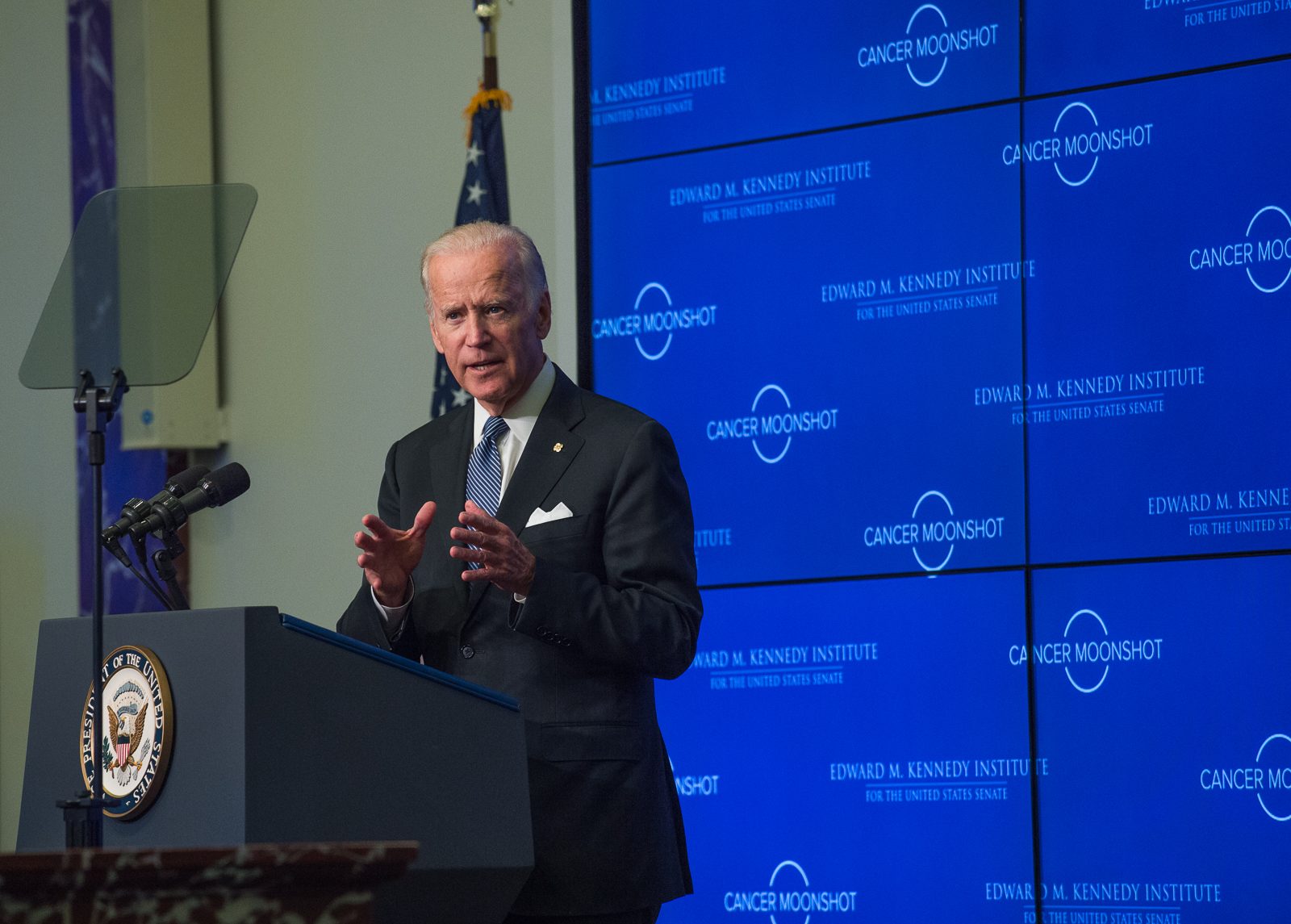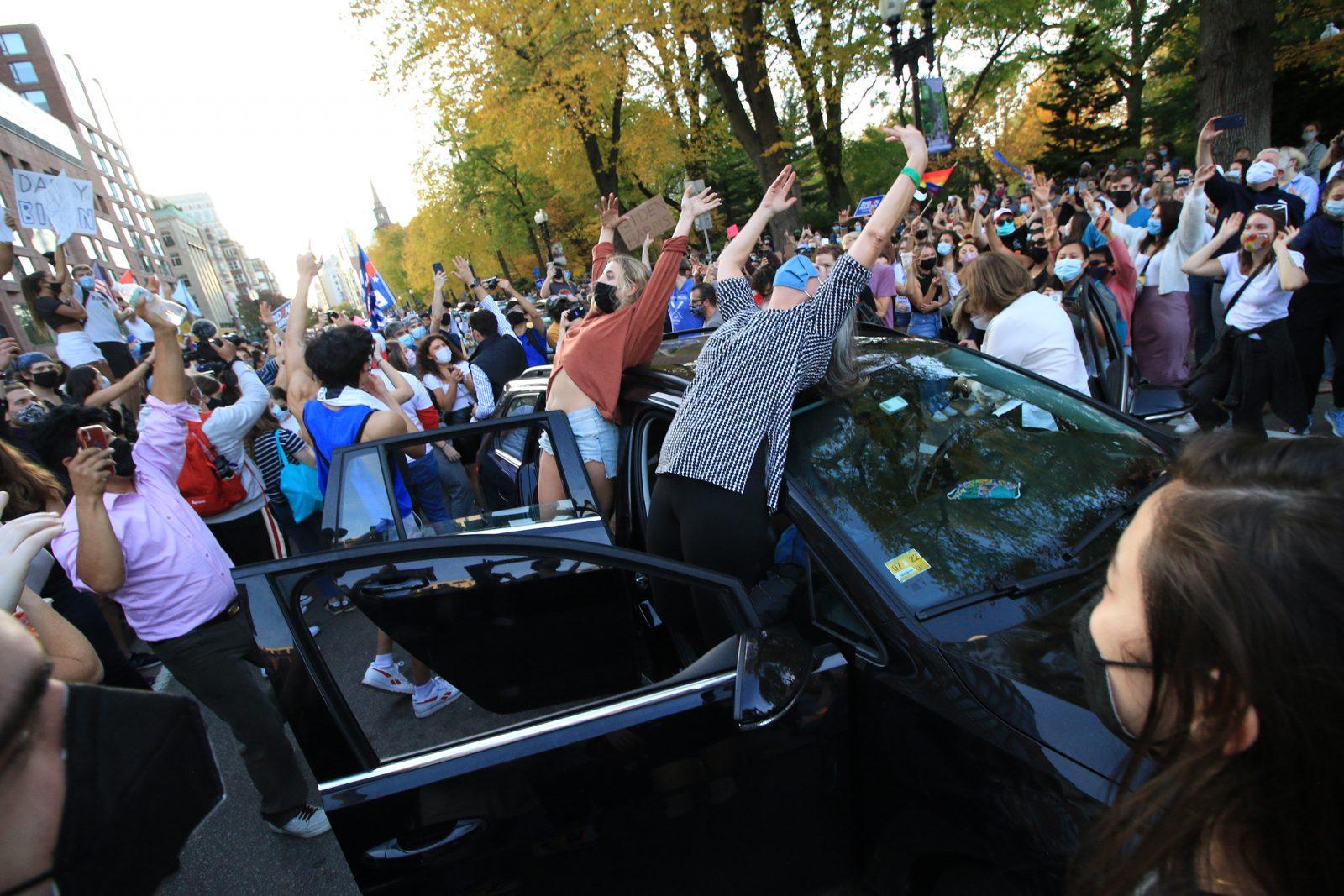At a time when job markets are tightening and competition for jobs is high, state officials are working to keep companies and college graduates from leaving Massachusetts.
The State Senate will vote during the current session on legislation that calls for an investigation into the recruitment and retention of college graduates and skilled workers, Sen. Benjamin Downing (D-Pittsfield), the author of the legislation, said.
Under the bill, the Senate would create a commission of state senators and representatives from public and private universities to analyze ‘Why Massachusetts college graduates and skilled workers leave the Commonwealth after graduation’ and develop a plan to retain those leaving the state, according to the bill.
‘We must acknowledge that in an increasingly competitive global economy, we must make Massachusetts a place where talented people want to stay and start a family,’ Downing said.
Massachusetts’ position as a hub for skilled workers is at stake, Boston Bureau of Labor Statistics Regional Commissioner Denis McSweeney said. Massachusetts has the highest percentage of college graduates in the United States, and 37.9 percent of adults in Massachusetts have a bachelor’s degree, he said.
The high percentage of college graduates also influences the state’s culture, McSweeney said.
‘Education fosters the arts and music, and it makes Massachusetts a more attractive place to live,’ McSweeney said.
Massachusetts college graduates also help drive industry into the state, Massachusetts Association of Independent Colleges and Universities President Richard Doherty said.
‘It’s great that we’re number one, and we don’t want to be number two,’ Doherty said. ‘There’s probably something to be said to make sure that we’re not slipping from number one.’
Doherty, who would be a member of the committee created under Downing’s bill, said the Massachusetts labor force attracts West Coast industries such as biotechnology and green energy.
‘It puts Massachusetts at the top of any company’s list to locate or to expand,’ Doherty said.
Although Downing said the state overall enjoys the distinction of an accomplished work force, not all regions of the state receive the same attention from burgeoning industries and have the same level of education as the Boston area.
‘In the western and southeastern parts of the state, there’s a much lower percentage of bachelor degrees,’ he said. ‘There are aspects of communities that one would see as attractive, especially cheaper housing.’
Downing’s bill also proposes assisting students with loan repayment, something Doherty said is a necessity. Massachusetts introduced a program that would give public school graduates who enter the science, technology, engineering and mathematics industries in Massachusetts $5,000 in student loan forgiveness a few years ago, Doherty said.
‘We are making the case that that program needs to be expanded to students attending independent colleges, which provides 80 percent of the students in the state,’ he said.
Downing said he agreed with AICUM’s aim to broaden loan forgiveness to private institutions.
‘In the [science, technology, engineering and mathematics] STEM fields, and everywhere, really, the challenges don’t care whether the person went to public or private university, but that workers address them,’ Downing said.
University of Massachusetts at Amherst spokesman Ed Blaguszewski said colleges play a tremendous part in bolstering the state. UMass at Amherst would be one of the colleges represented in the commission if Downing’s bill passes.
‘National research universities play a role in drawing people to the Commonwealth, and the more we can do to convince them to stay, the better,’ Blaguszewski said.
















































































































